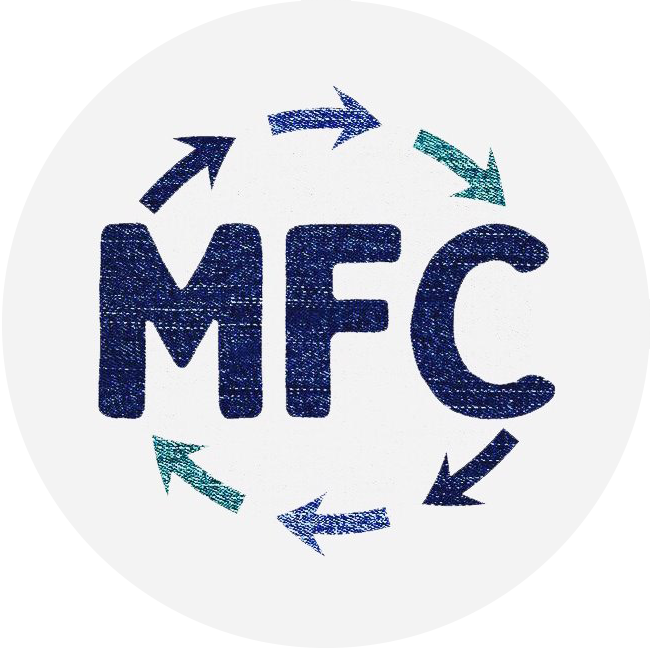Work-From-Home Creates Access Before & During the COVID-19 Pandemic
As the COVID-19 pandemic spreads across the globe, many workers are adjusting to new realities, including work-from-home. However, at the MFI Foundation in Ghana, work-from-home has been a key part of the organization’s social impact strategy since the beginning.
How Work-from-Home Works at MFI:
Persons with physical disabilities often encounter accessibility barriers in their built environments. In developing countries, it is estimated that 80-90% of people with disabilities are also unemployed, compared to 50-70% in wealthier countries (Naami et al. 2012).
MFI’s work-from-home program was designed to engage artisans with disabilities who find travel to the studio on a daily basis challenging. As M, an artisan employed through MFI’s Work-from-Home program, explains, “In Ghana, when you are physically challenged, you have a lot of problems with school, work, and opportunities for us. We do not feel like we are a part of society here because it is so difficult.” Eventually, M hopes to grow a business where he can employ people with disabilities and create an environment where everyone has the opportunity to work. “I want to be someone who fights and who is independent,” he says.
Every month, Matilda Lartey, the director of MFI, delivers fabric scraps to artisans who work-from-home. Using fabric, glue, and skilled rolling techniques, the artisans then make beads. Matilda returns several weeks later to collect the products and pay their wage.
The work-from-home program serves two key purposes: the economic purpose of compensating the artisan with a living wage for their work, and the social purpose of creating interpersonal connections between the participant, their family, Matilda, and the MFI community.
The History of the MFI Work-from-Home Program:
Beginning in 2016, the MFI work-from-home program was designed to include artisans who wanted to join MFI but faced barriers in leaving their homes. The work-from-home program received a jumpstart when it was awarded a grant from YES Alumni in 2019.
The YES Alumni grant provided MFI with an opportunity to expand the program and prototype new products. Fabric beads proved to be a good-fit for the program -- because of their attractiveness to the local and international market and the skills of the artisans currently employed. Through this grant, two new artisans were added to this program.
Why Work-from-Home Matters:
In light of the current global COVID-19 crisis, social distancing recommendations are in place in Ghana, as in much of the world. To protect the artisans’ health, and public health, all employees at the MFI studio have shifted to working from home. MFI created the work-from-home model to accommodate persons with mobility issues. The same model is now allowing all employees to continue working through the pandemic.
Since COVID, social distancing requirements have necessitated shifts to working from home. However, as the MFI team knows, physical work environments posed accessibility barriers to many before the pandemic. Access needs that have long been denied are suddenly being offered.
Working from home, even in the pandemic, is only available to a select few. However, our current circumstances show that meeting access needs is possible. This could cause businesses and societies as a whole to rethink how they prioritize accessibility.
MFI’s work-from-home program facilitates inclusion for all, in times of pandemic and times of health. MFI’s work-from-home program will continue this work after the COVID crisis subsides. The hope is -- other businesses will too.
April 15, 2020



